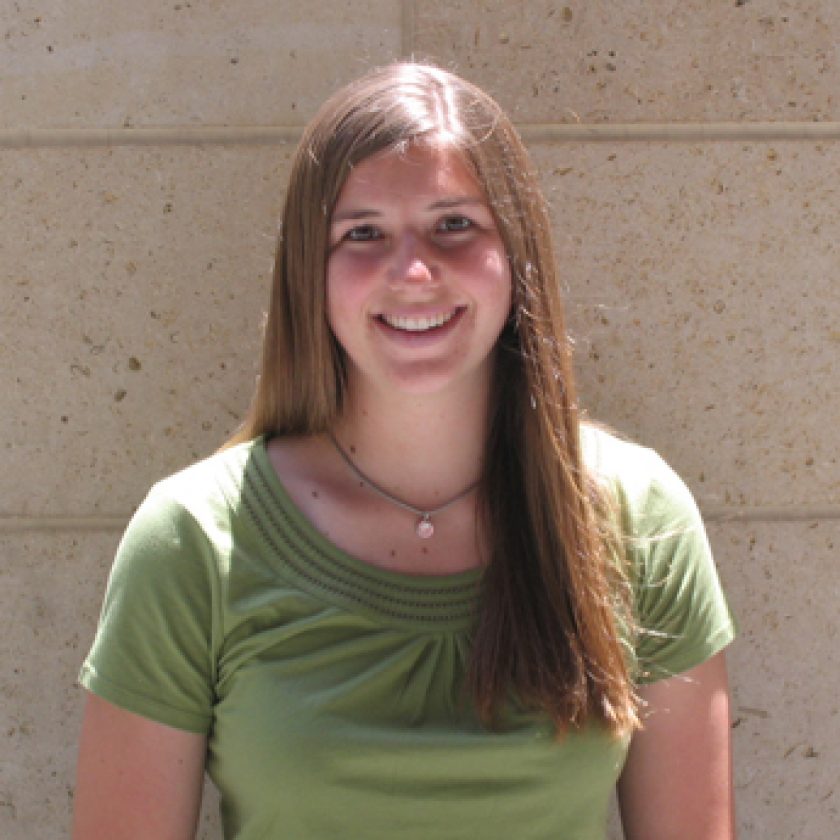Abstract
The human body is the ultimate machine. With billions of neural connections and hundreds of actuators the human body lets us explore and interact with our world. However, the same complexity that makes our body so versatile also makes it extremely difficult to treat when things go wrong. For individuals with neurologic injuries, such as cerebral palsy and stroke, the movement is impaired and hinders individuals’ ability to participate in actives of daily life. In this presentation, I will discuss how we have been using engineering tools, including a combination of dynamic musculoskeletal simulation, electromyography, and device design to understand and enhance human performance after neurologic injury. Specifically, I will present examples of how we can use musculoskeletal simulation to inform orthopaedic surgery, electromyography to characterize altered control after brain injury, and rapid prototyping to improve the fabrication and design of assistive technology.
Biography
Kat Steele is an Assistant Professor in Mechanical Engineering at the University of Washington. Her research focuses on integrating dynamic simulation, motion analysis, medical imaging, and device design to improve quality of life for individuals with neurologic injuriess.
She earned her BS in Engineering from the Colorado School of Mines and MS and PhD in Mechanical Engineering from Stanford University. To integrate engineering and medicine, she has worked extensively in hospitals including the Cleveland Clinic, Denver Children’s Hospital, Lucile Packard Children’s Hospital, and the Rehabilitation Institute of Chicago. She has been awarded an NIH K12 Career Development Award in Rehabilitation Engineering and an NSF CAREER Early Faculty Development Award.
More information about Dr. Steele’s research and the Ability & Innovation Lab are available at: http://depts.washington.edu/uwsteele/


